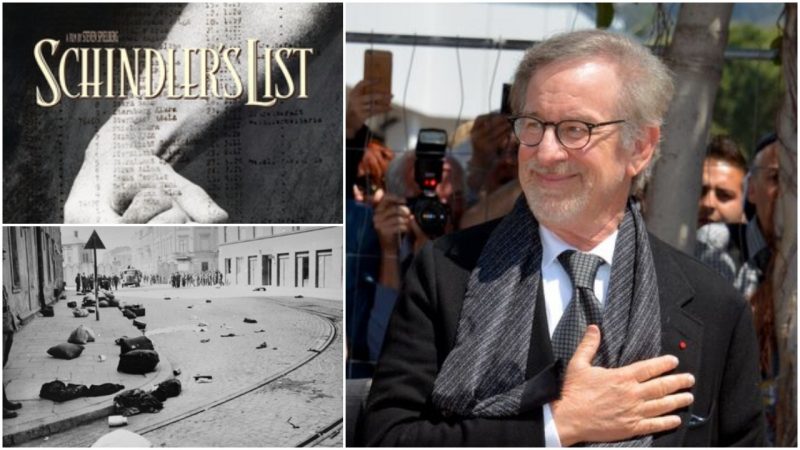Schindler’s list is undeniably one of the most striking dramatisations of the Holocaust, echoing the abject horror of genocide, but also offering a ray of hope for humanity. The soul-crushing film is critically acclaimed and widely recognised as Spielberg’s directorial triumph.
This biopic drama is not only Steven Spielberg’s dramatic masterpiece, but his personal tribute to the six million Jews that lost their lives in the Holocaust. Its message of hope and human decency is powerfully defiant in the face of Nazism.
Spielberg first became aware of the story about Oskar Schindler a decade before the production of the biopic movie. In 1982, Sid Sheinberg, universal president of MCA and a father figure to Steven Spielberg, sent the director a New York Times review of the historical novel “Schindler’s Ark” by Thomas Keneally.
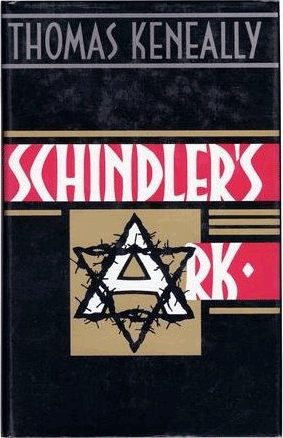
Startled by the story about the righteous Nazi Oscar Schindler and the paradoxical nature of his character, Spielberg showed enough interest for Universal Pictures to buy the rights to the novel.
At the time, Spielberg said that he would start filming in ten years because he did not feel mature enough to undertake a project that held so much emotional responsibility. The project remained on Spielberg’s “guilty conscience” and he tried to pass it to director Roman Polanski.
Polanski personally witnessed the horrors of the Holocaust, his mother was killed at Auschwitz and he had lived and survived the Kraków Ghetto, but turned down the offer of his colleague.Spielberg also offered the movie to Martin Scorcese and Syndey Pollack, but that also didn’t come through.
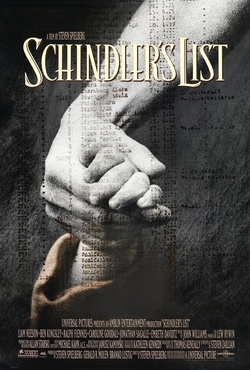
Finally, with the rise of neo-Nazism after the fall of Berlin Wall, genuinely outraged by the Holocaust naysayers who were given serious consideration by the media, Spielberg decided to stop procrastinating and take on the project.
Sid Sheinberg approved the picture only on one condition; that Spielberg would first finish the shooting of Jurassic Park, on which he was working at the time. Spielberg later explained, “He knew that once I had directed Schindler I wouldn’t be able to do Jurassic Park.”
The movie was assigned to small budget of $22 million as Holocaust films were usually flops at the box office. Spielberg abstained a salary for the movie, referring to any income related to this project as “blood money.” He would later donate all of the proceedings made from the film to the Shoah Foundation.
From the early stages of production and throughout the entire process of shooting the movie, Spielberg and the rest of the filming crew faced an avalanche of emotions. The shooting was especially sensitive for the director, as it brought back memories and he had to confront troubling elements of his childhood, such as the antisemitism he faced.
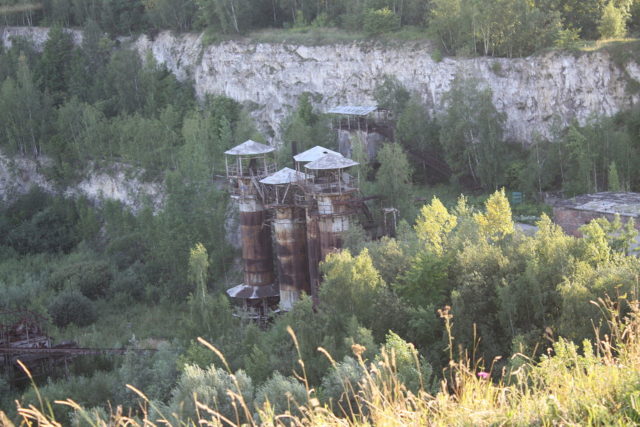
Upon visiting Auschwitz, the director was surprised that instead of being emotionally crushed and in tears he found himself filled with outrage. Spielberg got permission to shoot inside the concentration camp, but he chose not to, out of respect for the victims, instead he filmed the scenes of the death camp outside the gates on a set constructed in a mirror image of the real location.
“I was hit in the face with my personal life. My upbringing. My Jewishness. The stories my grandparents told me about the Shoah. And Jewish life came pouring back into my heart. I cried all the time.”
—Steven Spielberg on his emotional state during the shooting
Despite being the director of the movie, it was nearly impossible for Spielberg to watch the scene where the elderly Jews are forced to run naked while being selected by Nazi doctors to go to Auschwitz.
The grim ambience that surrounded everyone included in the movie process extended to the point of actresses breaking down while filming the shower scene; one of the actresses was actually born in a concentration camp.
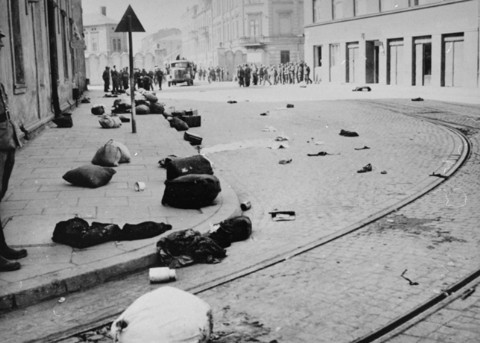
Spielberg along with his family rented a house in suburban Krakow for the duration of filming. The iconic director would later thank his wife Kate Capshaw “for rescuing me ninety-two days in a row … when things just got too unbearable.”
To ease his mind, Spielberg focused on editing Jurassic Park each evening after shooting Shindler’s list. The iconic comedian Robin Wiliams called Spielberg every week to tell him a joke and cheer him up. He also watched an episode of Seinfeld (which was a big hit at the time) every night.
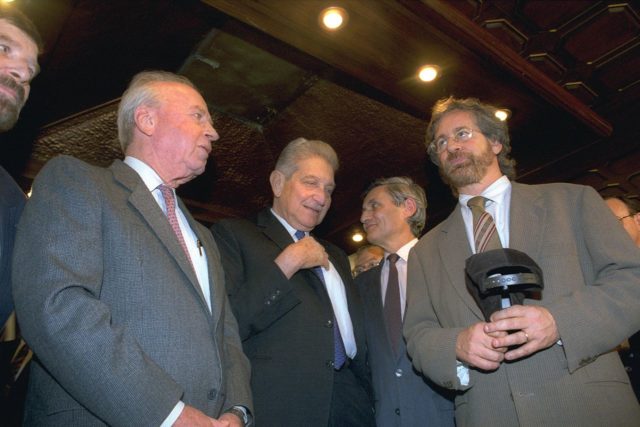
Upon release, Schindler’s List was an immediate success, grossing $321 million worldwide in the first year. The movie was an absolute Oscar winner, triumphing in seven categories. In his acceptance speech for best picture, Spielberg said: “This is the best drink of water, after the longest drought of my life.”
In a recent interview with Hollywood Reporter, Spielberg recalled the difficult process of working on a subject so personal to him that he thought he would quit directing.
“I just didn’t,” he told The Hollywood Reporter. “I could not.”
When asked if he was depressed, he said “I’ve never been depressed, I was sad and isolated, and as well-received and successful as that movie was, I think it was the trauma of telling the story and forming the Shoah Foundation… I started to wonder, was Schindler’s List going to be the last film I would direct?”
Fortunately, he didn’t give up and continue directing movies with his recognisable storytelling gift.
